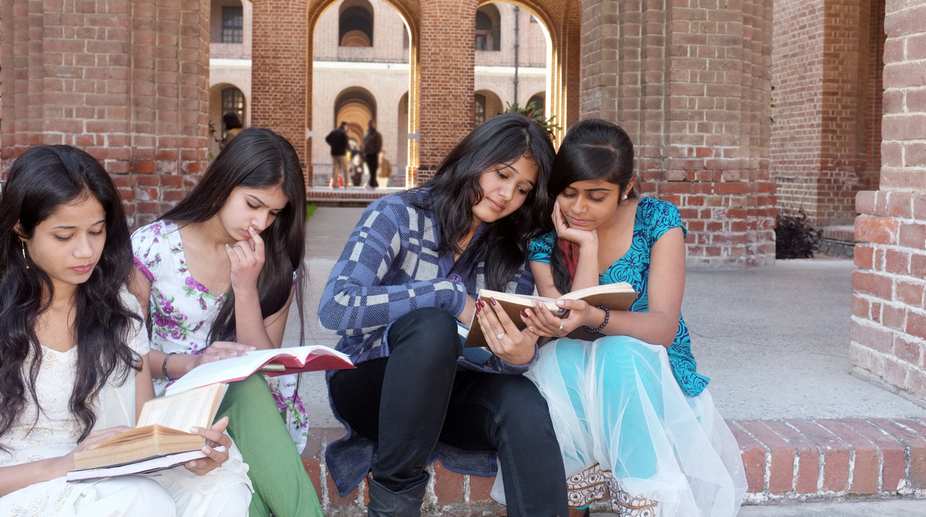Study reveals rapid shrinkage of Himalayan glacier retreat in Arunachal
A recent study has unveiled a troubling trend in the Eastern Himalayas, where 110 glaciers in Arunachal Pradesh have vanished…

Representational image (Getty Images)
On-campus classroom environment has been thought as the best method to study traditionally. It is said that on-campus courses provide better chance to students to have frequent interactions with their teachers and peers. Which helps them develop a better understanding of the subjects that they are studying at the university.
However, with technological advancements and easily available study materials on varied courses and subjects and on lower costs has made distance education another popular option these days.
Advertisement
Both traditional and distance education systems have their pros and cons and can be said to be different in just the way the knowledge is imparted. Both can impart quality education.
Advertisement
Traditional Education: This method can facilitate student-teacher, student-peer debates and conversations that may prove beneficial for developing better social skills. A defined time-table and a designated place can add a sense of routine to the student which helps them establish a familiarity and hence can function efficiently.
Traditional learning environments are more structured than distance learning programs and provide face-to-face contact with fellow students and professors.
Distance Learning: This comparatively new method uses various e-learning methods to deliver the subject matter. Use of webinars, live streaming among other online methods are what is used in the distance learning courses.
Distance learning is perfect in situations when financial resources are scanty and a strict schedule cannot be maintained by the student. It is also good for those students who are taking up a particular course part time or are working simultaneously. Distance education allows different modules where a student can pick one as per his needs and availability. Some courses allow their students to take up exams at their own time and convenience. It may help the students finish their course faster than the one in traditional setting sometimes. However, it may also be so that a course taken up in a distance mode will take longer time to complete if a student takes gaps or has chosen a lengthy module.
At the end of the day, the mode of education is not considered a hindrance towards the realisation of a course for a student. Both methods have its pros and cons; however, it is upon the student to decide which method suits him or her. Students should always make sure while choosing a course method that the institution that they are applying to imparts quality and valid education.
Advertisement